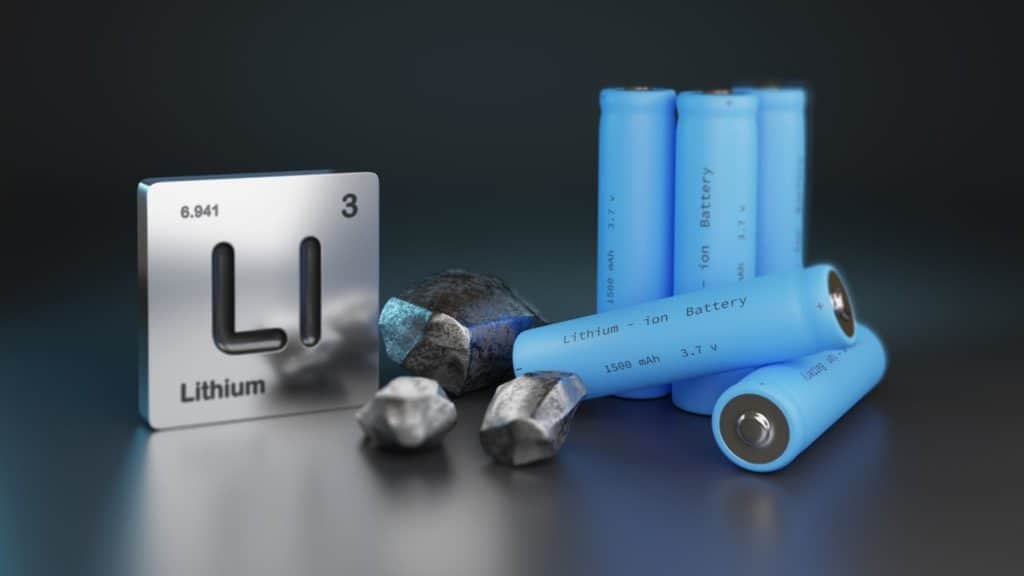A lithium-ion battery (sometimes Li-ion battery or LIB) is a member of a family of rechargeable battery types in which lithium ions move from the negative electrode to the positive electrode during discharge and back when charging.
Li-ion batteries use an intercalated lithium compound as one electrode material, compared to the metallic lithium used in a non-rechargeable lithium battery.

The electrolyte, which allows for ionic movement, and the two electrodes are the consistent components of a lithium-ion cell. Lithium-ion batteries are common in consumer electronics.
They are one of the most popular types of rechargeable batteries for portable electronics, with a high energy density, no memory effect, and only a slow loss of charge when not in use.
Beyond consumer electronics, LIBs are also growing in popularity for military, electric vehicle and aerospace applications.
For example, lithium-ion batteries are becoming a common replacement for the lead acid batteries that have been used historically for golf carts and utility vehicles.
Instead of heavy lead plates and acid electrolyte, the trend is to use lightweight lithium-ion battery packs that can provide the same voltage as lead-acid batteries, so no modification to the vehicle’s drive system is required.
Chemistry, performance, cost and safety characteristics vary across LIB types.
Handheld electronics mostly use LIBs based on lithium cobalt oxide (), which offers high energy density, but presents safety risks, especially when damaged.
Lithium iron phosphate (LFP), lithium manganese oxide (LMO) and lithium nickel manganese cobalt oxide (NMC) offer lower energy density, but longer lives and inherent safety.
Such batteries are widely used for electric tools, medical equipment and other roles. NMC in particular is a leading contender for automotive applications.
Lithium nickel cobalt aluminum oxide (NCA) and lithium titanate (LTO) are specialty designs aimed at particular niche roles.
Lithium-ion batteries can be dangerous under some conditions and can pose a safety hazard since they contain, unlike other rechargeable batteries, a flammable electrolyte and are also kept pressurized.
Because of this the testing standards for these batteries are more stringent than those for acid-electrolyte batteries, requiring both a broader range of test conditions and additional battery-specific tests.
This is in response to reported accidents and failures, and there have been battery-related recalls by some companies.
I'm Joost Nusselder, the founder of Tools Doctor, content marketer, and dad. I love trying out new equipment, and together with my team I've been creating in-depth blog articles since 2016 to help loyal readers with tools & crafting tips.
